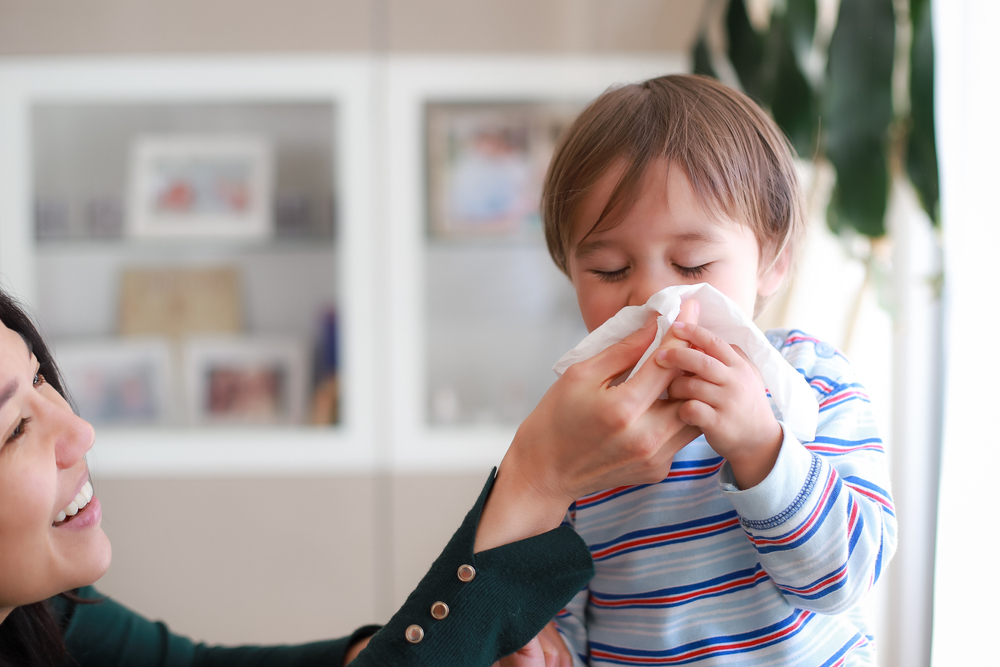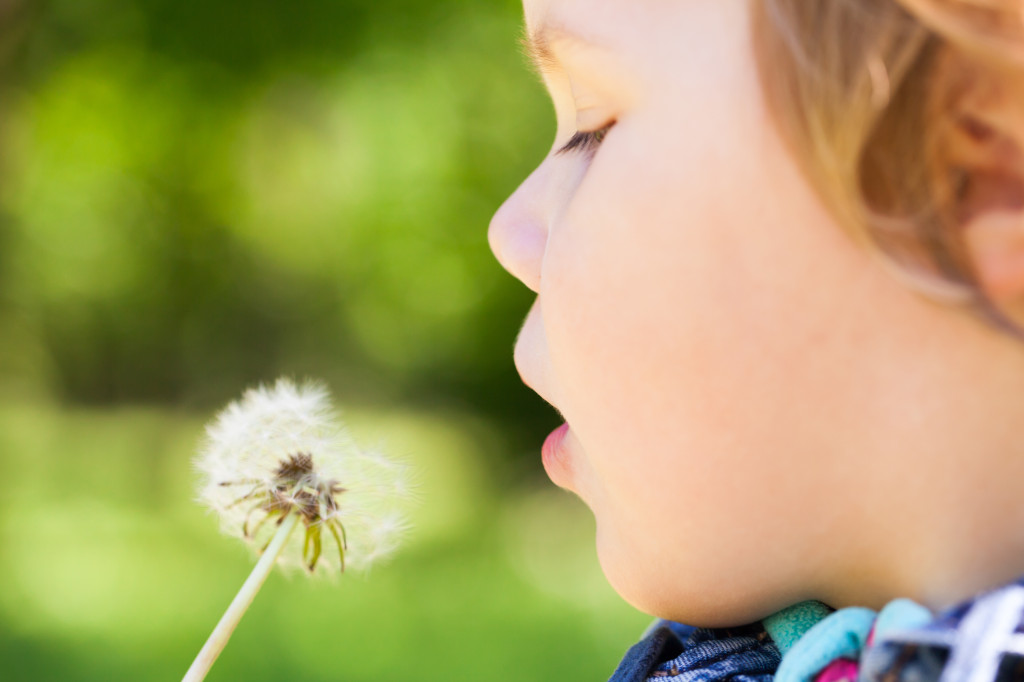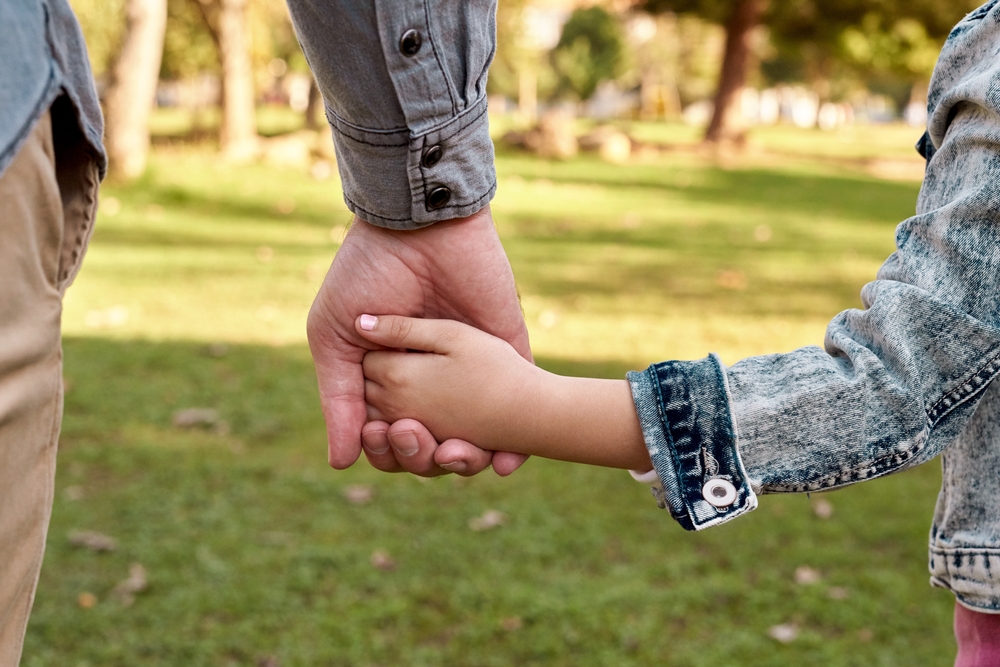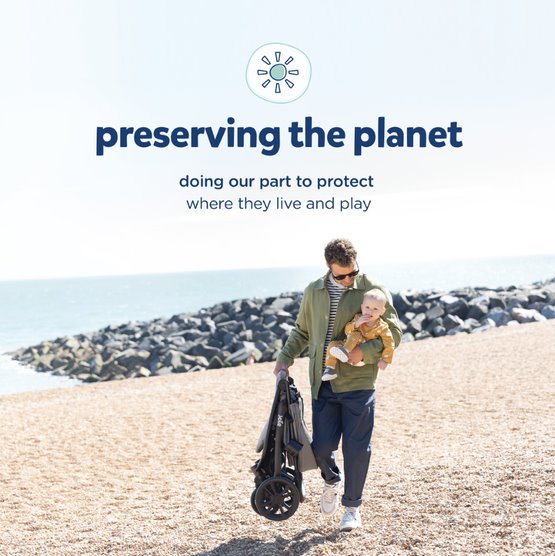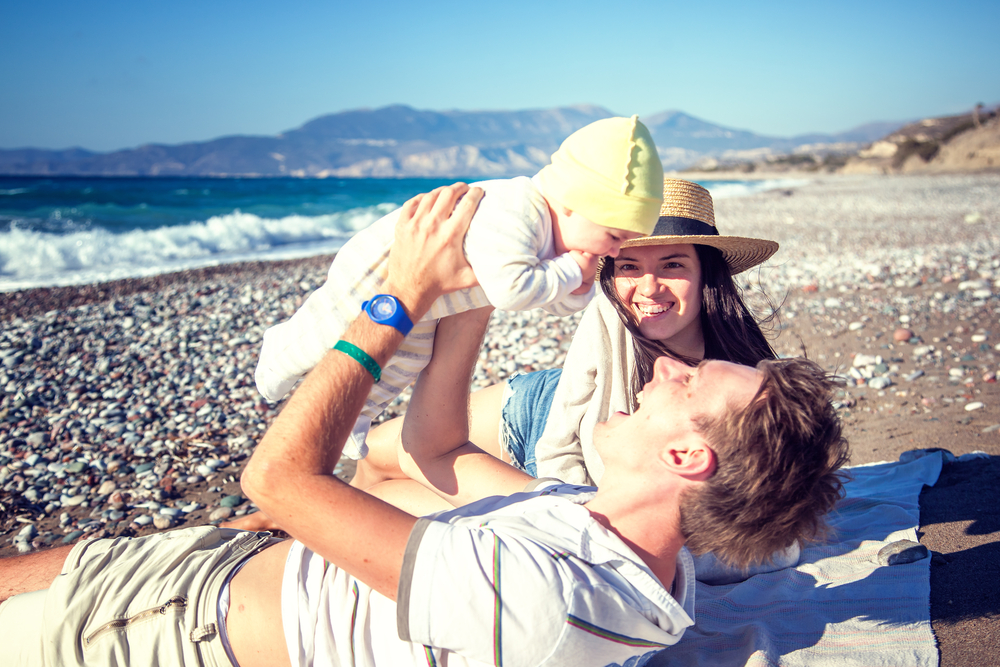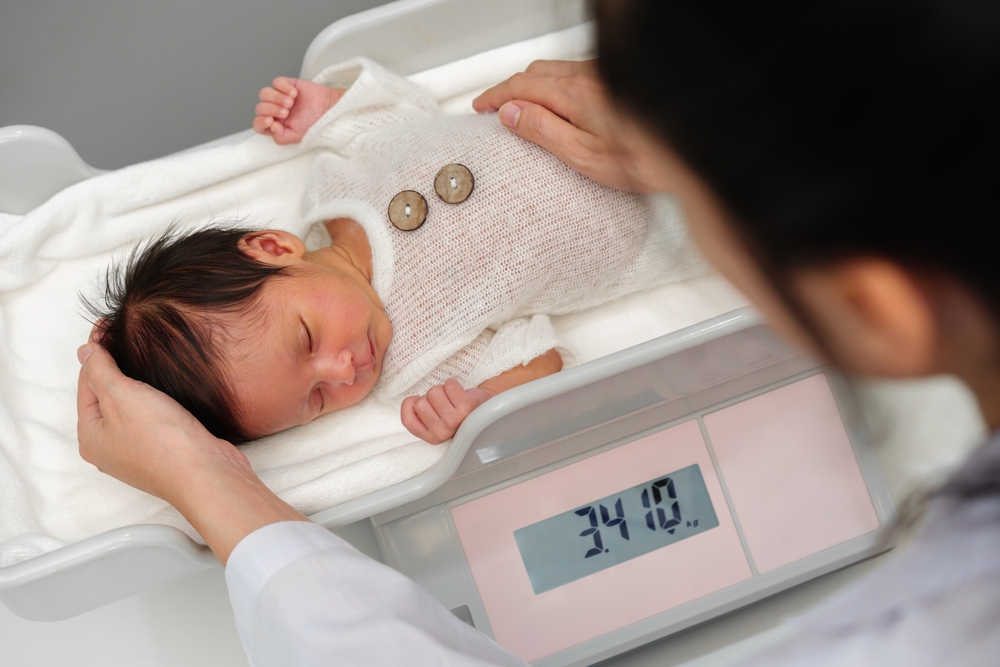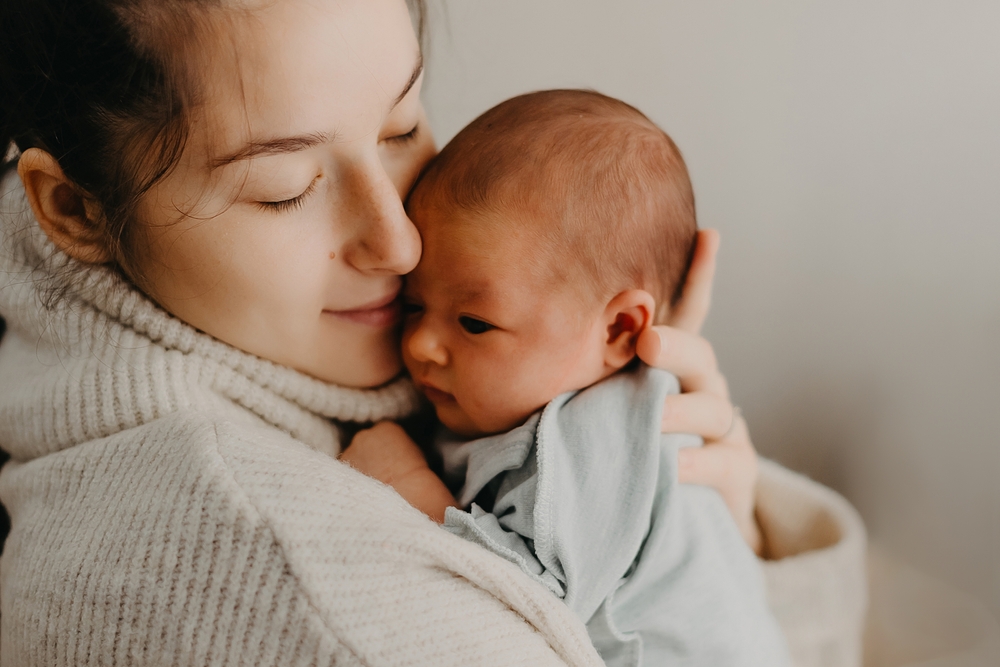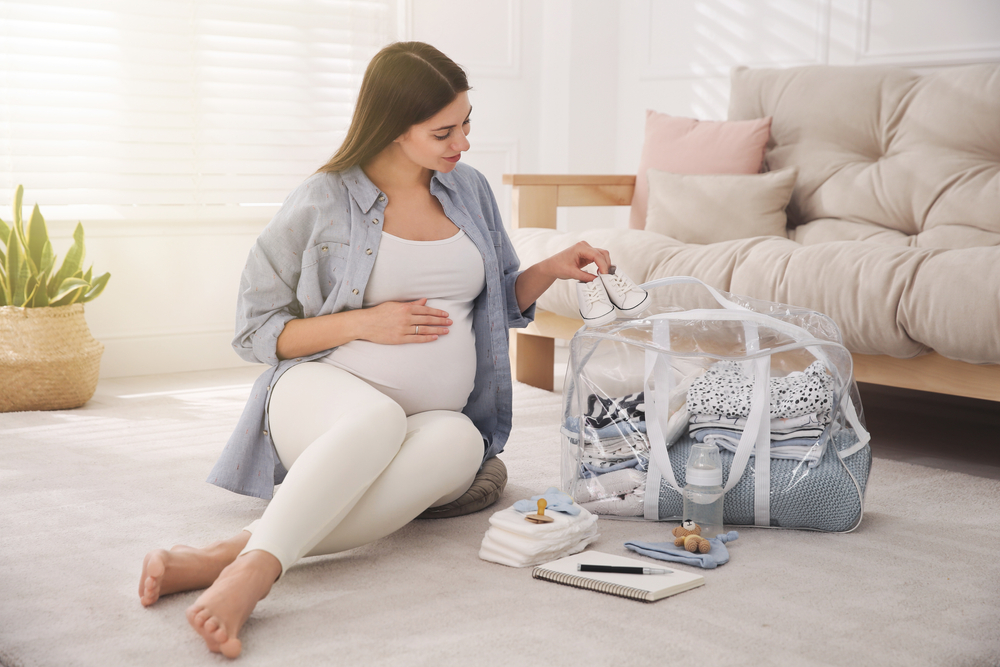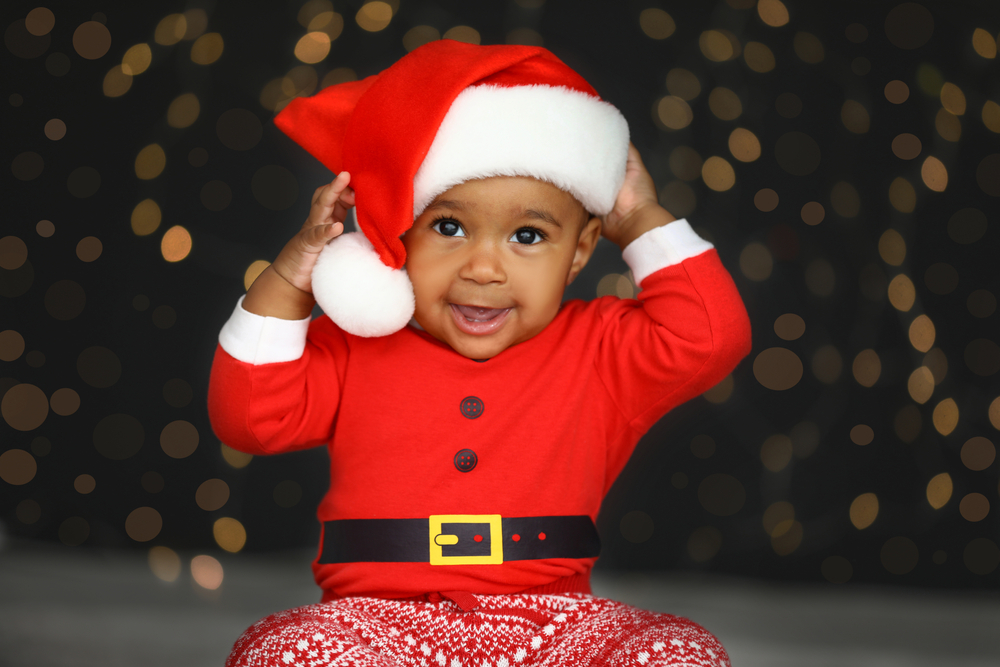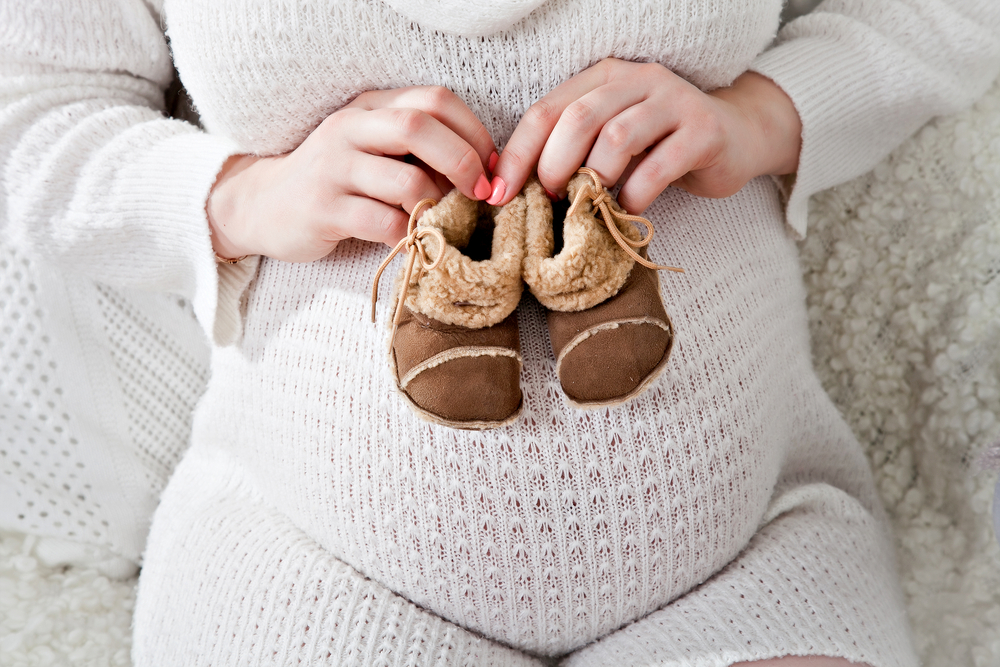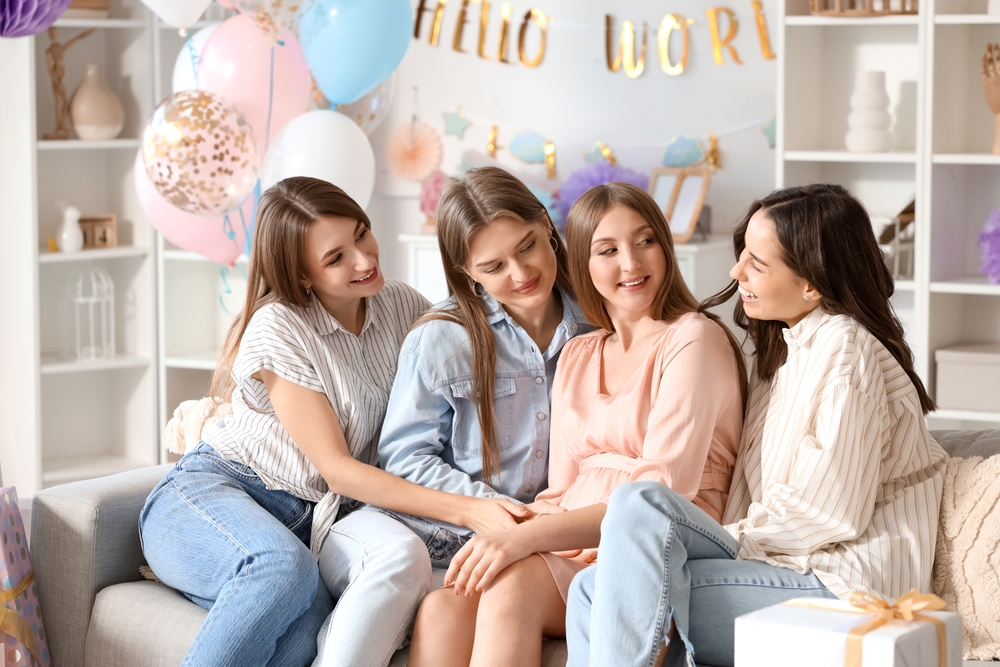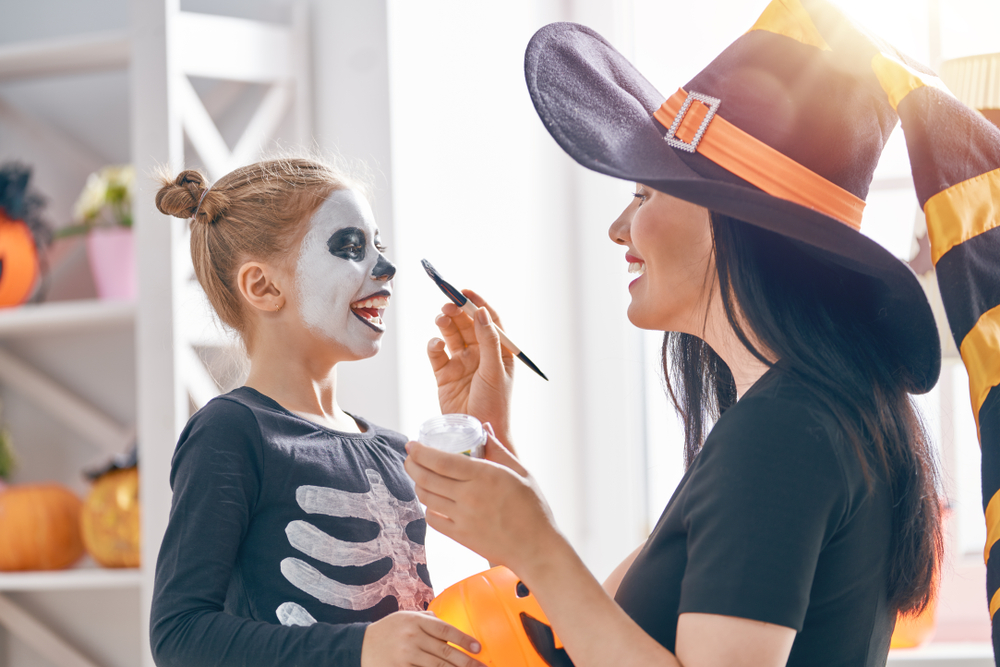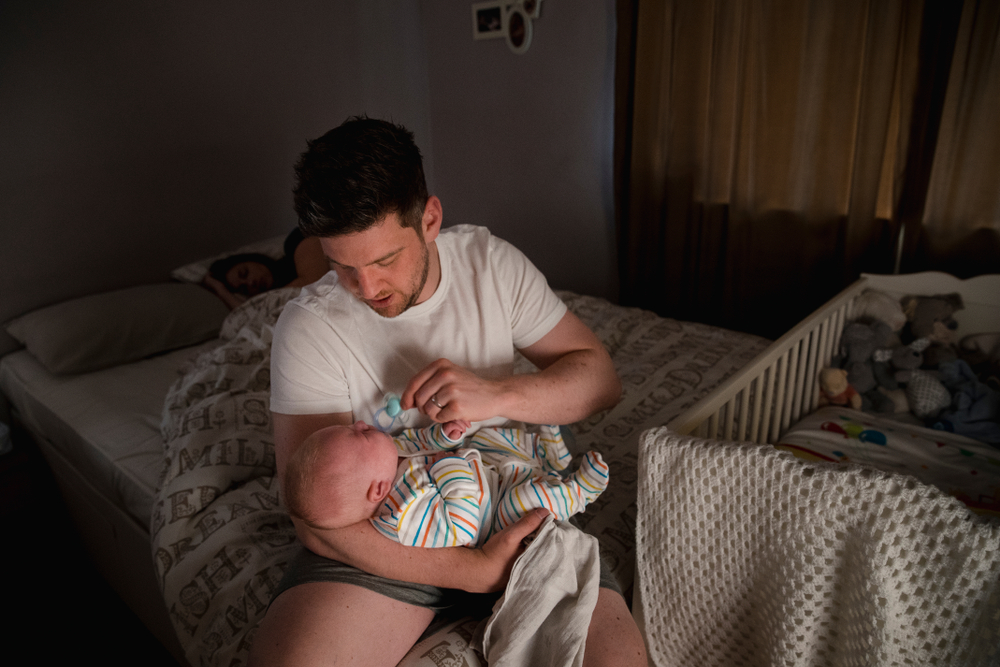As the weather begins to get warmer, those of us who experience hayfever will be getting ready for the runny nose and itchy eyes. There are actually three types of pollen which can trigger hayfever though most people don’t experience more than one. The three different types mean that hayfever season in the UK actually runs from March to October, differing depending on which pollen you have an allergy to. Hayfever affects many adults and older children; with many also developing it later in life. However, in answer to the question of whether babies can get hayfever; yes, they can.
What is Hayfever?
Hayfever is an allergic reaction to pollen. It is fairly common and can irritate the nose and eyes as well as cause other issues. Hayfever is prevalent in the UK from March through to September. It begins in March with tree pollen which generally affects people until May, from May through the July grass pollen is common and from June to September it is weed pollen which can affect us. Most people will only be allergic to one type of pollen however some can suffer an allergy to two or even three. You can generally tell which you are allergic to by the time of year when you suffer the worst symptoms.
Symptoms
Symptoms of hayfever in babies are generally very similar to hayfever symptoms in older children and adults however as they can’t tell you how they are feeling some things to look out for include:
– Red or watery eyes
– A runny nose
– They rub their eyes
– Sneezing
– Asthma like symptoms
As hayfever is seasonal, these symptoms shouldn’t last year-round therefore if your baby is suffering year-round it is best to talk to the doctor about other potential allergies.
Treatments
You can take your baby to the doctor for an accurate diagnosis of hayfever, however they won’t prescribe anything to babies under 1 year. Therefore, for babies you should consider some home hayfever remedies.
The first thing to do is to limit their exposure to pollen as much as possible; do this by keeping them indoors on days where there is a high pollen count, keeping windows closed, not hanging their clothes out during hayfever season, and washing their hands, face and clothes after spending time outside.
In addition to this, you can use things such as Vaseline around their nose to prevent pollen getting to it and washing their face with cold water regularly; not only will this help remove pollen but it can soothe itchy eyes.

